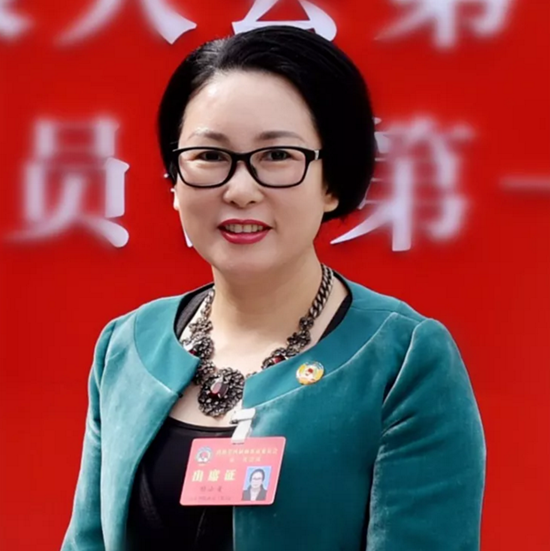Yang Xiaoai: Helping Chinese products enter S. American market
Editor's note: East China's Zhejiang province is renowned for its large international population. Aloft on the wings of China's reform and opening-up policy, a group of Zhejiang people have gone abroad to make a living since the 1970s. As this year marks the 40th anniversary of the policy, the Zhejiang website (www.ezhejiang.gov.cn) is launching a series of stories about overseas Chinese who are originally from Zhejiang, as well as those who are active in the province's development. Stories courtesy of Zhejiang Federation of Returned Overseas Chinese and Zheshang Magazine

Yang Xiaoai, a Qingtian native who has achieved business success in Ecuador [Photo/Zheshang Magazine]
"Despite living in South America, we can also enjoy the benefits of China's reform and opening-up," said Yang Xiaoai, a businesswoman from Qingtian county of Lishui, Zhejiang province.
Born in an overseas Chinese family, Yang has been inspired by her older generations' spirits of adventure and exploration since her childhood.
Following the tide of going abroad, she went to Germany in 1991 and opened a Chinese restaurant on the outskirts of the city Koln. However, as the top choice of outbound Chinese people, Europe saw an increasingly saturated market for Chinese goods. Therefore, Yang and her friends made the decision to go to Ecuador for new business opportunities.
By studying the local people's lifestyles and living needs, they started their market-oriented businesses to sell China-made clothes and shoes in the South American country, which proved a big success.
In 2003, Yang built a brand "F&U" to better promote her goods. "The building of a brand should be based on the quality of goods. Only in this way can our products be favored by consumers," the businesswoman said.
In addition to studying the local market, Yang also focused on Chinese suppliers. She often held discussions with clothes and shoes manufacturers in Guangzhou and Yiwu with the aim of improving the designs and functions of her products. Her efforts paid dividends. After several years, "F&U" had become a famous brand in Ecuador.
The financial crisis in 2008 affected the South American market and Ecuador announced plans to restrict imports. Many Chinese people engaged in international trade suffered a heavy setback and some even shut down their companies and returned to China.
Yang found a way out. Having a good knowledge of preferential policies released by the government to attract foreign investment, Yang decided to set up a factory in Ecuador. She believed the combination of good designs, quality productions and effective marketing measures would enable "F&U" to gain profits on the volatile market. She was right and her company survived in the sluggish economy.

 Print
Print Mail
Mail
 20 Cultural Symbols
20 Cultural Symbols Why Zhejiang
Why Zhejiang Experiencing high-tech products at WIC
Experiencing high-tech products at WIC Zhejiang Release
Zhejiang Release Zhejiang News
Zhejiang News